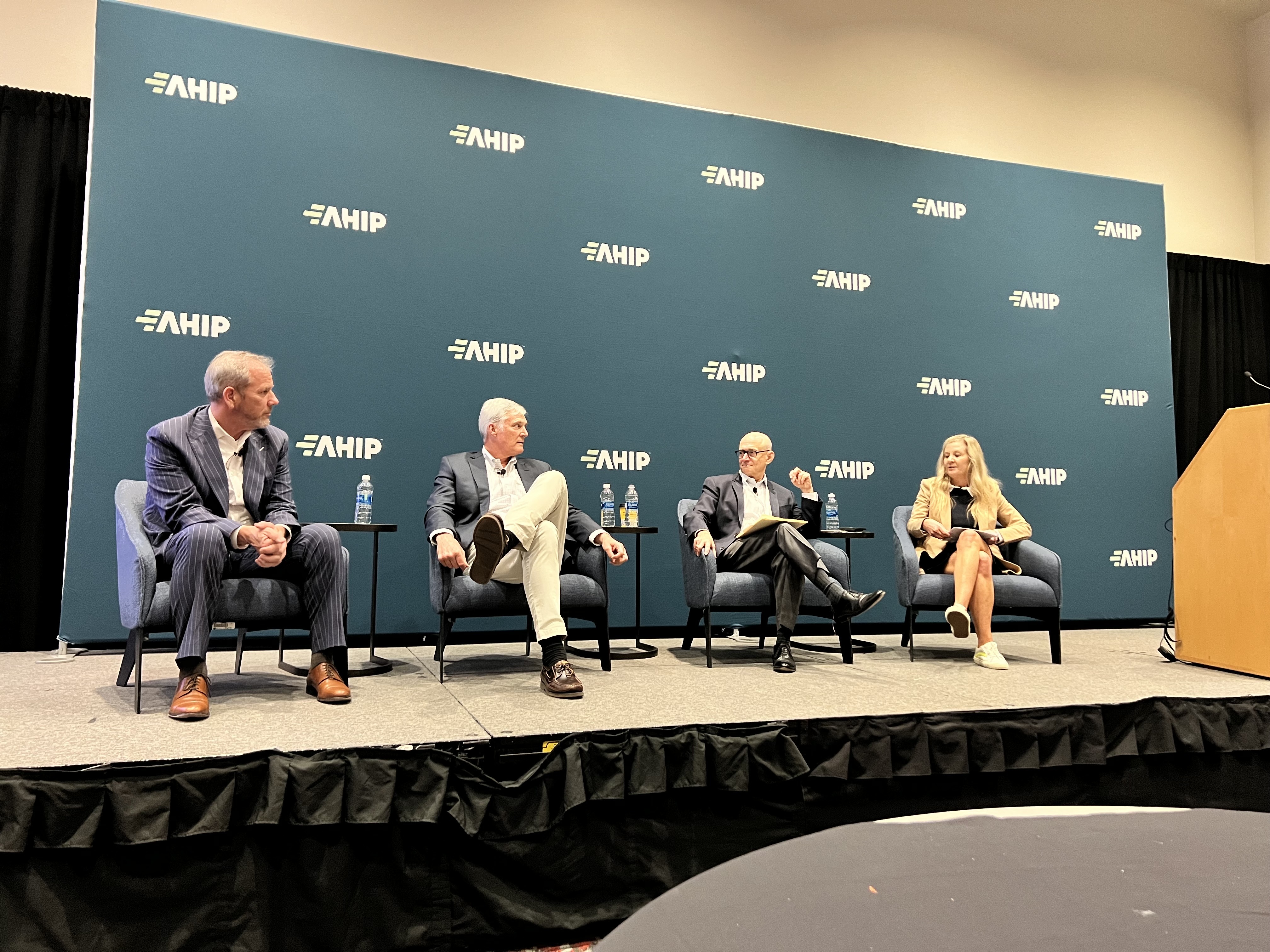Workforce Challenges in Kidney Care Need Value-Based Solutions
For a successful VBC partnership, choose a partner that offers tailored, in-depth education, behavioral health screenings, and better management of all the comorbid conditions that accompany a kidney disease diagnosis.
tags

Panel Discussion Explores What is Needed for a Successful VBC Partnership
With only half of all nephrology fellowships filled coming out of medical schools, the challenges of managing chronic kidney disease can only be solved with new models of care. This conclusion resounded repeatedly in a panel discussion on value-based kidney care at the AHIP 2023 conference in Portland, Oregon.
“It’s clear we have an access and capacity problem, and we need to deal with it and deal with it now,” said Michael Sweeney, vice president of provider relations, contracting, and reimbursement for UPMC Health Plan. “We have to embrace new ways of getting things done.”
“The workforce challenges are not going away,” said Dr. Bob Gluckman, chief medical officer of Providence Health Plan. “We are going to have to find new ways to navigate care that is both personal, high-touch, and efficient without the same level of human capital.”
Lessons from Interwell
This panel discussion at the leading conference for the health insurance industry attracted around 200 attendees to learn more about what makes a good partnership and how to find success in these new models of care. Dr. George Hart, chief medical officer at Interwell Health, emphasized that while value-based kidney care is maturing, there is a lot of learning still underway. That means with each individual agreement, both partners must be able to quickly change course to solve challenges.
This ability to have two-way bidirectional conversations between us and our payer partners about what is working and what is not working is really important. - Dr. George Hart
“There also has to be a sharing of data and information so that you accurately create aligned financial models.”
“One of the most important things about getting into a value-based care arrangement is picking your partner,” said Sweeney. “If you pick a partner that is not doing what is needed to make it work, then you won’t have good results.”
Both UPMC and Providence are payer-provider aligned health systems that have contracted with Interwell to better manage patients with late-stage kidney disease in tight coordination with the company’s network of aligned nephrologists. This includes two practices in the Portland area that manage hundreds of Providence Health Plan members and are committed to value-based care.
All the panelists commented on the importance of receiving help from a partner that offers tailored, in-depth education, behavioral health screenings, and better management of all the comorbid conditions that accompany a kidney disease diagnosis.
Tight coordination between nephrologists and a trusted VBC partner means more support can happen between each doctor visit, freeing up nephrologists to support more patients, which will be critical as the pipeline of new nephrologists struggles to meet demand.
Comprehensive support
“Learning you need kidney care and managing this transition is a shock,” explained Hart. “You have to have the infrastructure to deliver education in more than one way. Younger folks may want an app, others may want a mailing or a video, or others may just want a phone call. If you can do this education at a pace and in a way that patients can understand, you end up with better outcomes, fewer hospitalizations, and lower costs.”
The results of all that education, including support from dietitians, nurses, and social workers, is empowering patients to make good choices that could delay progression or encourage the choice of home dialysis or transplant when necessary.
“Part of the idea of this value-based care arrangement is to prevent people from going into dialysis,” explained Gluckman. “It’s really hard for payers to have this type of sophistication around digital tools and patient education, so it’s been great to have a partner that brings you that up-to-date material, in a way that is packaged and patient-friendly to access.”
The panel “From Volume to Value in Kidney Care: A Roadmap to Successful VBC Partnerships” was moderated by Mollie Gelburd, Senior Director of Delivery Systems and Payment Transformation at AHIP. It occurred on Wednesday, June 14, 2023 at 2:55 pm PT at the Portland Convention Center in Portland, Oregon.